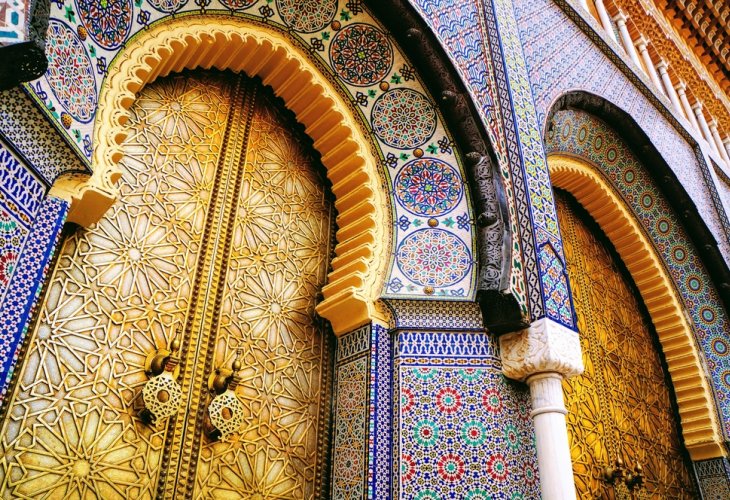Torah Personalities
The Hidden Tzaddik of Tafilalt: The Life and Martyrdom of Rabbi David Abuchatzeira
Scholar, ascetic, and leader of Moroccan Jewry, Rabbi David Abuchatzeira lived a life of holiness, tragedy, and enduring Torah greatness
 (Photo: Shutterstock)
(Photo: Shutterstock)A Saintly Scholar in the Heart of Morocco
Rabbi David Abuchatzeira, one of the towering spiritual figures of Moroccan Jewry, was born in 1866 in the city of Rissani, located in the Tafilalt region of Morocco. He was the son of Rabbi Massoud Abuchatzeira and grandson of the legendary kabbalist Rabbi Yaakov Abuchatzeira, known as the "Abir Yaakov." He also studied under his uncle, Rabbi Yitzchak Abuchatzeira.
From a young age, Rabbi David immersed himself in both the revealed and hidden aspects of Torah. He became an outstanding scholar, renowned for his holiness, self-discipline, and saintly conduct.
After the passing of his father in 1908, Rabbi David took over the leadership of the community and the local yeshiva. But after a short period, he passed the mantle of rosh yeshiva (head of yeshiva) to his younger brother, Rabbi Yisrael Abuchatzeira, later known as the Baba Sali.
A Life of Seclusion, Suffering, and Spiritual Strength
Rabbi David withdrew to the attic of his home, dedicating his life entirely to Torah and ascetic practice. A mikveh was installed in his house so he would never have to leave. He spent his days in fasting, learning, and prayer, accompanied only by two disciples: Rabbi Eliyahu Abuchatzeira and Rabbi Moshe Tourgeman. Together they studied and wrote Torah works in isolation.
Despite his spiritual greatness, Rabbi David’s life was marked by deep suffering. He was widowed twice, and tragically, seven of his children died during his lifetime. In 1912, his uncle Rabbi Yitzchak Abuchatzeira was murdered by bandits near the city of Toulal while traveling on a yeshiva mission.
A Tragic Martyrdom in the Shadow of Rebellion
In 1919, during a local uprising against French colonial rule, the Abuchatzeira family was falsely accused of collaborating with the French authorities. The leader of the rebellion issued a death sentence against the Jews of the region. However, due to economic interests—specifically, the tax revenue generated by the Jewish population—the decree was modified: only Rabbi David and two wealthy members of the Jewish community were to be executed.
On Shabbat, the 14th of Kislev 1919, Rabbi David Abuchatzeira was martyred. The Jews of the region were forbidden to publicly mourn his death.
His younger brothers, the Baba Sali, Rabbi Yisrael Abuchatzeira, and Rabbi Yitzchak Abuchatzeira (known as the Baba Haki), fled to the city of Boudenib. There, they rebuilt the foundations of Torah life and restored Jewish spiritual leadership in the area.
The Baba Sali mourned his brother for seven full years, until Rabbi David appeared to him in a dream and instructed him to stop mourning.
A Legacy in Print and Memory
In 1923, three of Rabbi David’s works were published in Jerusalem: Petach HaOhel, Reisha v'Seifa, and Sekhel Tov. These books reflect his deep Torah knowledge and spiritual vision.
Rabbi David Abuchatzeira’s life was one of profound Torah devotion, self-sacrifice, and quiet strength in the face of tragedy. His legacy lives on through his writings, his family, and the enduring light he brought to Moroccan Jewry.

